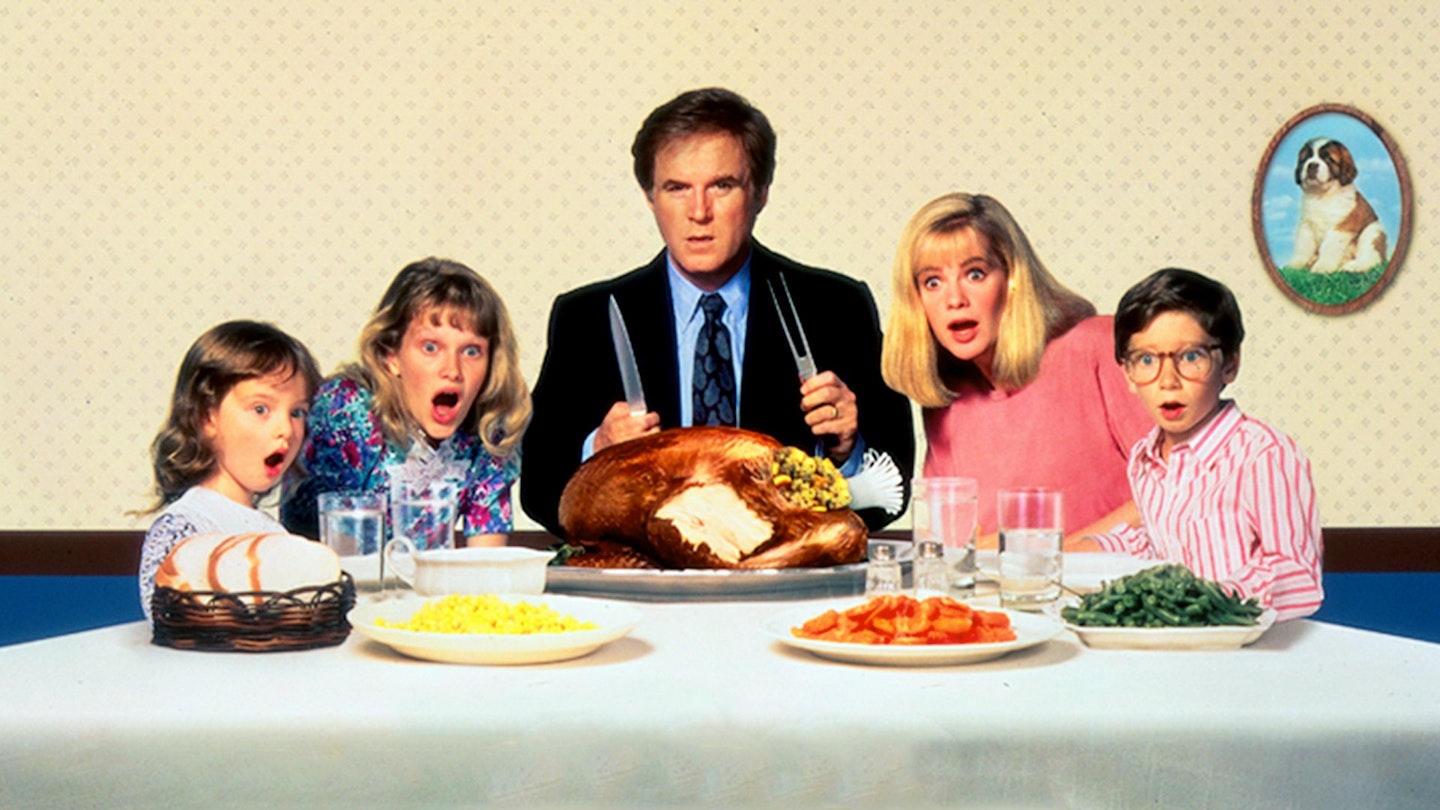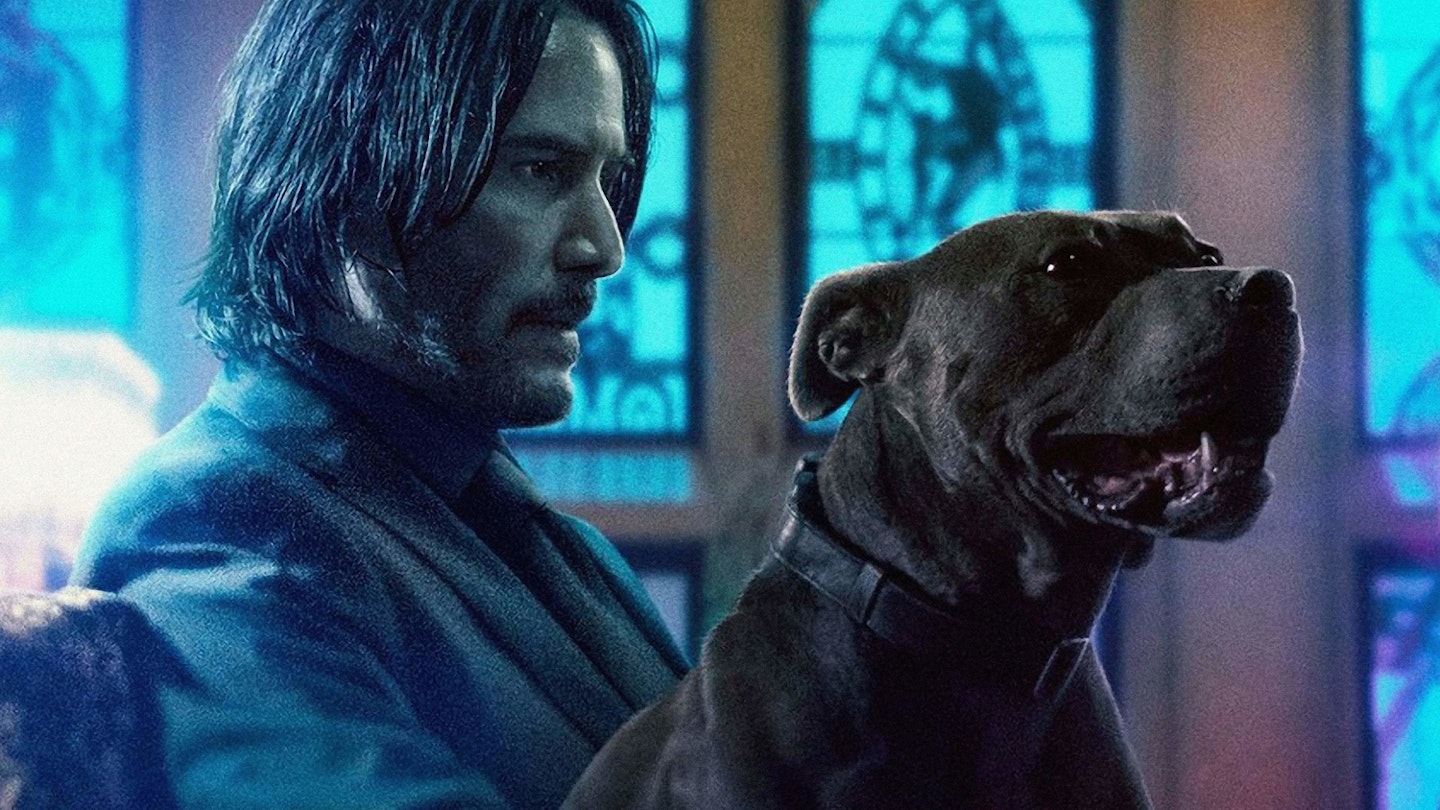As a rule of thumb, avoid movies with screenplays by fictional characters. According to the credits, Beethoven was co-written by Edmond Dantes, better known as the Count of Monte Cristo. Edmond, of course, was unjustly imprisoned and spent years plotting the most hideous revenge imaginable on his tormentors, so we might assume that the cur lurking behind the pseudonym intends this to be some sort of punishment on a world that has mistreated him. If this is the case, then he should be pleased because Beethoven is more deeply horrible than any non-sequel in years.
With its first dog piddle joke during the opening credits, the film follows the impact on a typical sit-com family of the arrival of a St Bernard puppy who grows into a domineering deadweight of cuteness and fun. At first, Dad (Grodin) resists the charms of the all-shedding, all-eating, all-slobbering, all-crapping wonder, but eventually he is persuaded to love the mutt when it saves his air freshener company from a hostile take-over (?) and exposes the local vet (Jones) as the ringleader in an unethical kidnap-and-vivisection racket.
Obviously, this is one of those post-Home Alone, cost-conscious Hollywood movies: apart from the selection of non-entities before and behind the camera and a sense of visual style that suggests an early 70s TV movie without the Mod Squad fashions, its star has been paid in dog biscuits and presumably didnt need to take a month off during shooting to get over its failure to marry Kiefer Sutherland.
There is a nasty undertaste to the whole proceedings a sub-plot stresses how important it is that a caring 90s Mom not return to work but stay at home to look after her bratty kids that suggests an advert for the All-American Family Nazi Party, and it is depressing to see Grodin, one of the most accomplished non-star leading men in Hollywood, humiliating himself in a role patterned horrifyingly on those inept fathers of 50s TV comedies.

